Communities of safety and repair


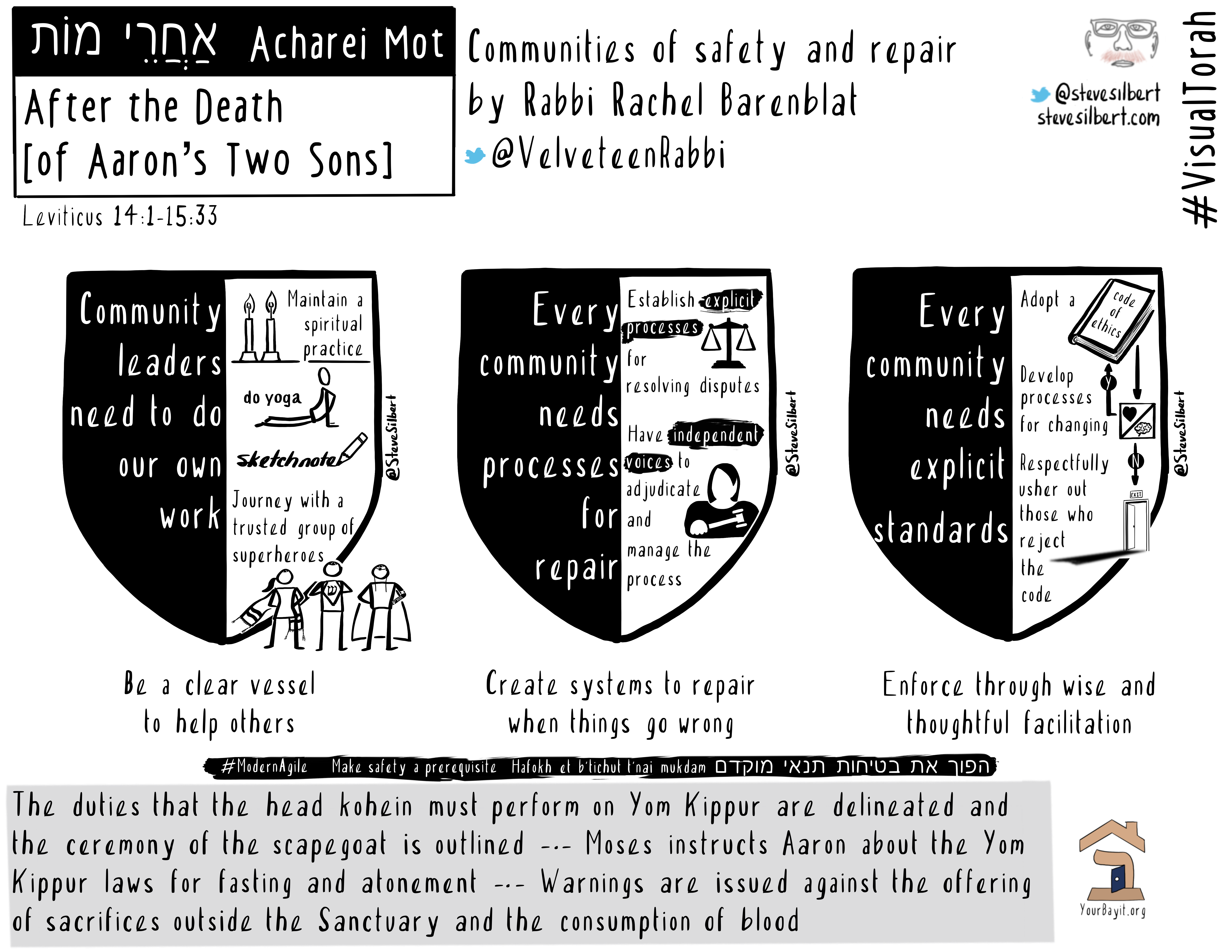
Part of a yearlong series on Torah’s wisdom about spiritual building and builders.
Acharei Mot (“After the Death” — e.g. the deaths of Aaron’s two older sons, which took place a few parshiot ago) is full of instructions from our ancient sacrificial past. This parasha is one part OSHA safety manual, one part instructions for community cohesion and forgiveness practices, and one part ethical guidebook for avoiding power differential transgressions. And while instructions for correctly dashing blood on an altar are no longer useful to us as modern Jews, the need for strong systems (to ensure safety, offer pathways for healthy reconciliation, and maintain high ethical standards especially where there is power imbalance) seems to be eternal.
Among the laws covered in Acharei Mot are proper dress in the holiest of places (behind the curtain in the mishkan); which animals to offer up as we seek to draw near to God, and how to sprinkle their blood; and the origins of the “scapegoat,” a story many of us also hear each year on Yom Kippur. We also find, sandwiched between injunctions not to behave like other regional tribes in the Ancient Near East, a string of instructions about power differential transgressions. What leaps out at me from these instructions is their (very contemporary) insistence on the importance of systems for creating and promoting safety, justice, and ethical behavior.
So what does Acharei Mot offer us in terms of best practices for our communities today?
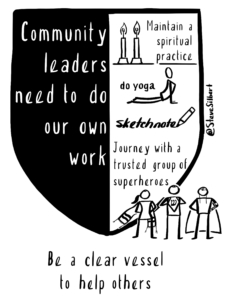
- Community leaders need to do our own work.
Before he could oversee the ritual of the scapegoat, Aaron was instructed to offer a bull of expiation for himself and his household. Those who are privileged to serve communities today (whether as clergy or in lay leadership) need to do our own work so that we can be clear vessels to help others. This might mean maintaining regular spiritual practice (prayer, meditation, yoga), or working with a therapist and/or spiritual director, or having a trusted hevruta with whom one can share the journey of strengthening positive qualities and overcoming negative ones… or all of the above.
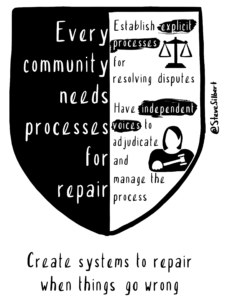
- Communities need processes for repair.
No community is utopia. We need systems and processes for creating repair when things go wrong. In an online community, this might mean a robust team of moderators keeping an eye on the slack channels or message boards, and an explicit process for talking things out and resolving disputes when hurts or transgressions arise. In a physical community, this might mean an ombudsperson to whom complaints can be brought, a clear ethics process, and communal buy-in to a cohort of respected, independent voices who can wisely adjudicate and manage ethical disputes.
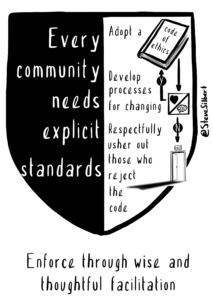
- Communities need explicit standards… and enforcement.
Every community needs rules for ethical behavior. Maybe that means a written ethics code. Maybe it means adopting a covenant, like the one created at Beacon Hebrew Alliance in Beacon, NY (available online for adapting in any community). Adopting a covenant or ethics code requires wise and thoughtful facilitation… and communities also have to face the possibility that some people will not be willing to abide by stated standards, and they’ll have to develop processes for either changing hearts and minds, or (in extreme cases) ushering those who reject ethical standards out of the community.
Bayit is built on the principle that we’re all builders of the Jewish future — not just clergy or Federation leaders or board presidents, but all of us. That means all of us are responsible for building Jewish communal spaces that are ethical and safe. Safe from workplace danger (even if we’re not worried about a lightning bolt from on high!), safe from grudges or unethical behaviors, safe from misdeeds rooted in power differentials whether sexual or otherwise — and safe because there are systems in place to protect the vulnerable. That’s how we live up to Torah’s highest ideals. That’s how we build a Jewish future worth our time and our hearts.
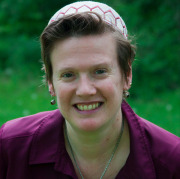

By Rabbi Rachel Barenblat. Sketchnote by Steve Silbert.

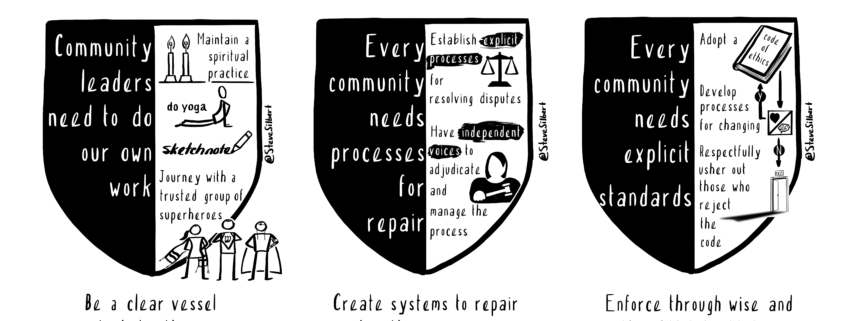
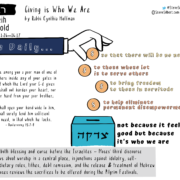
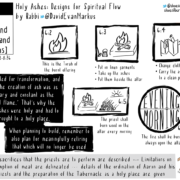
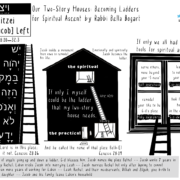

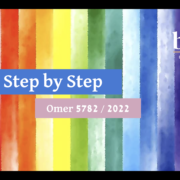
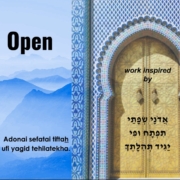


Trackbacks & Pingbacks
[…] to Jewish tradition and community, the Jewish future asks all of us to build with strong ethical standards, ensuring that our outsides match our insides, in a way that’s participatory and empowering to […]
[…] Here’s Torah commentary at Builders Blog (a project of Bayit: Your Jewish Home), this week written by Rabbi Rachel, and sketchnoted as always by Steve Silbert: Communities of safety and repair. […]
Comments are closed.